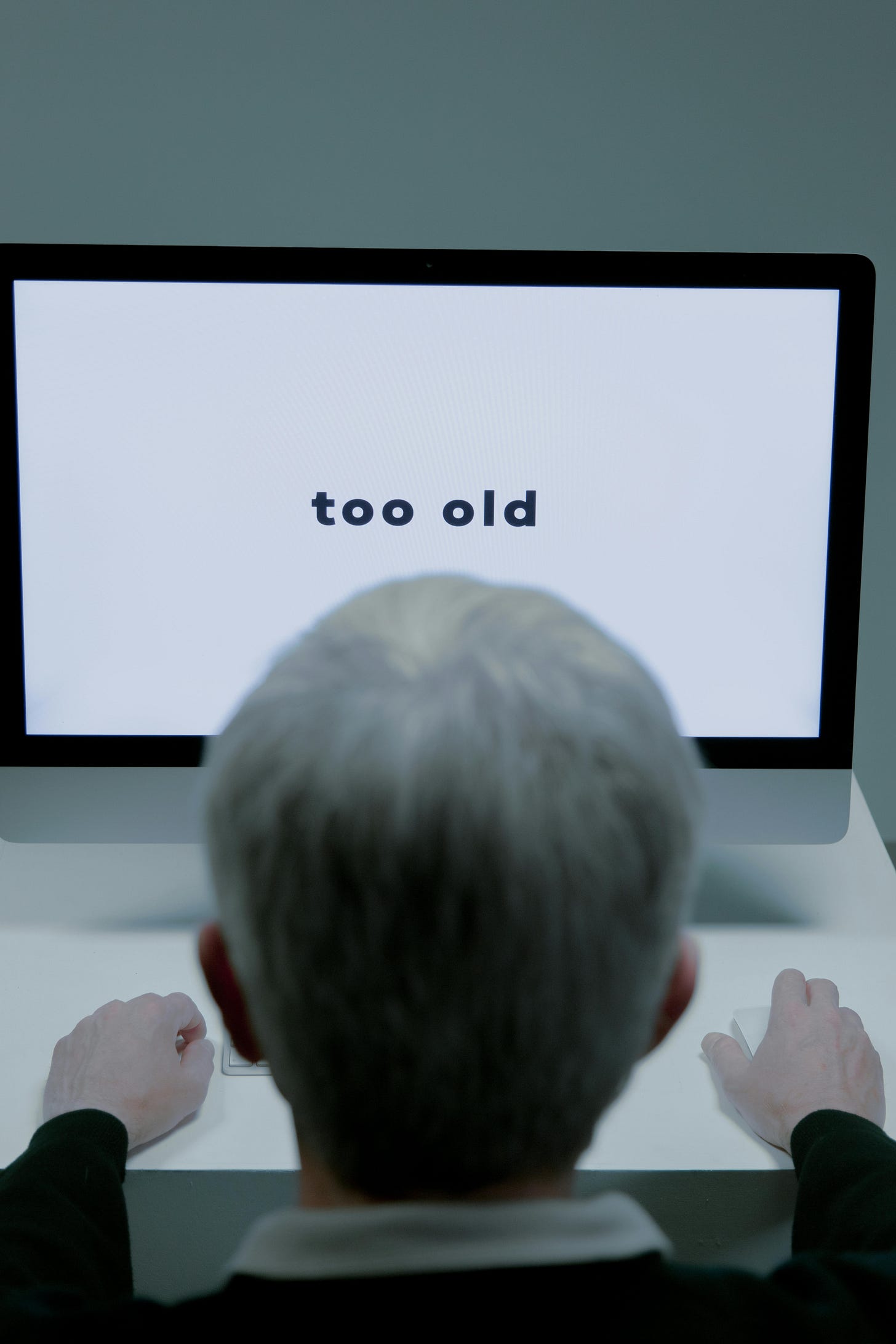The saying "actions speak louder than words" is particularly relevant when examining societal attitudes toward aging. There is often a disconnect between what people say and do, revealing an underlying ambivalence with their beliefs. This inconsistency is evident in everyday behaviors, like health and wellness commitments. Many people talk about the imp…
Keep reading with a 7-day free trial
Subscribe to The Right Side of 40 to keep reading this post and get 7 days of free access to the full post archives.





